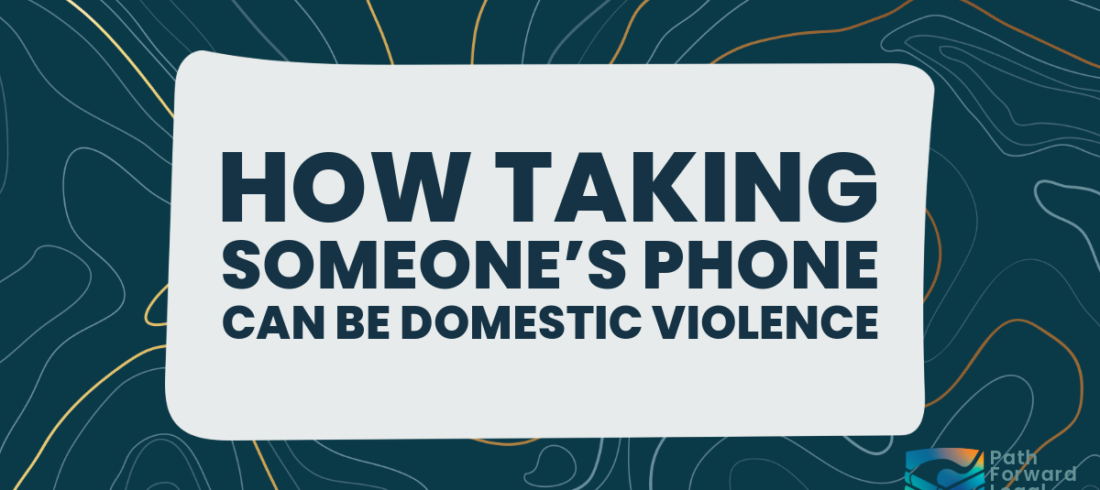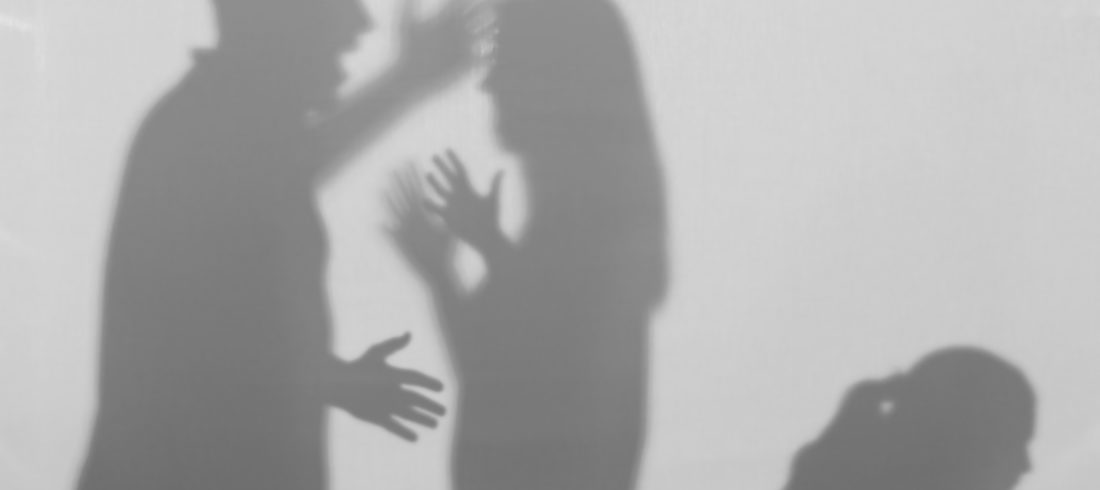So you’re charged with a crime and you’re not sure why. Or you’ve been arrested and you’re trying to figure out what the prosecution has on you. Do you have to wait for trial to find out? Nope. that’s what criminal discovery is for.
This is about Colorado state cases. Discovery is different everywhere.
But, almost everywhere when criminal lawyers talk about discovery, we mean police reports, witness statements, crime lab findings, photographs, and anything else we can find out from the prosecution about a case. There’s also discovery that the defendant has to give to the government.
Constitutional right to favorable evidence – Brady
First, we check with the United States Constitution and the Bill of Rights.
And….there is no right to discovery under the Constitution. But, that doesn’t mean the prosecutor can hide evidence that hurts their case.
In a series of cases, the US Supreme Court has said the constitution requires if the government has evidence that helps the defendant (exculpatory evidence) either because it makes the prosecution’s case weaker or it makes their witnesses less believable, then the government has to give that information to a defendant. And it can’t wait to be asked for the information.
This is the Brady doctrine and it gets way more complicated, but generally a prosecutor has to go looking in government files for information that’s going to be helpful for your case. And if it’s really going to make a difference at trial, they have to give it to you.
In some states, that’s it. That’s all they have to give you.
Rule 16 in Colorado
In Colorado, we have something called Rule 16. That includes things a prosecutor has to give you in every single case, as well as things they have to give you if you ask for it. Or if the judge tells them to.
Usually when we talk about discovery in a criminal case, we mean the rule 16 stuff. What does that mean?
- Police reports, reports of the investigating officer. if any witnesses made statements, those have to be turned over
- Reports of experts, crime lab results, body worn cameral the police may have worn while investigating the case.
- A written list of the names and addresses of all witnesses intended to call at trial. Sometimes we refer to this as an “endorsed witness list”
- Rap sheets. The criminal history of anyone who may be called as a witness, plus defendant and any co-defendant.
- Recordings of any statements made by the defendant or a co-defendant. If the police claim there is an unrecorded statement, then they should have to provide a summary of the statement if the government intends to use it at trial
When is this information due to the defendant?
It depends.
Generally, when I enter into a case as a criminal defense lawyer, I ask for discovery. I tell clients it can take 2-3 weeks to get that first batch of stuff. Sometimes it can take longer. If you hire a lawyer the night that you’re arrested. Good for you. It might take a little bit to get the discovery in your case. The police have to finish writing their reports. Sometimes they’re waiting for approval from supervisors. Things have to be given to the prosecution and uploaded to the discovery system.
The first round of discovery may be available close in time to when your first appearance in court is scheduled. That’s because the prosecutors have to review something to decide whether they are going to accept and prosecute the charges.
Still, there are some things we have to wait months for. A Crime lab might take a while to get a DNA report. Sometimes the prosecution doesn’t ask for drugs to be tested until after arraignment.
If it takes the prosecution a long time to start giving discovery, when is the cut-off? How long do they have for that last piece, the final witness notice?
That depends too. Felony – 35 days before trial. Misdemeanor, 7 days. But judges have their own rules. As soon as you’re ready to set for trial, you need to be looking for your deadline.
What does a defendant have to turn over?
That’s what the prosecutor has to give to you, does a defendant have to turn anything over?
Yes.
You have to turn over witness list, if you have any scientific reports, notice if you’re going to use an alibi defense, the nature of any other defense. something like “I did it, but it’s not a crime because of this law” generally, you have to tell the prosecution ahead of time.
The 6th amendment – your right to present a defense – is there to protect you if you find an alibi witness the night before trial or if there’s a document you forgot to turn over. But you don’t want to have that fight. Bottom line – tell your attorney anything you think is going to help you way before you decide to set a case for trial. That way your lawyer can make sure your rights are protected.




